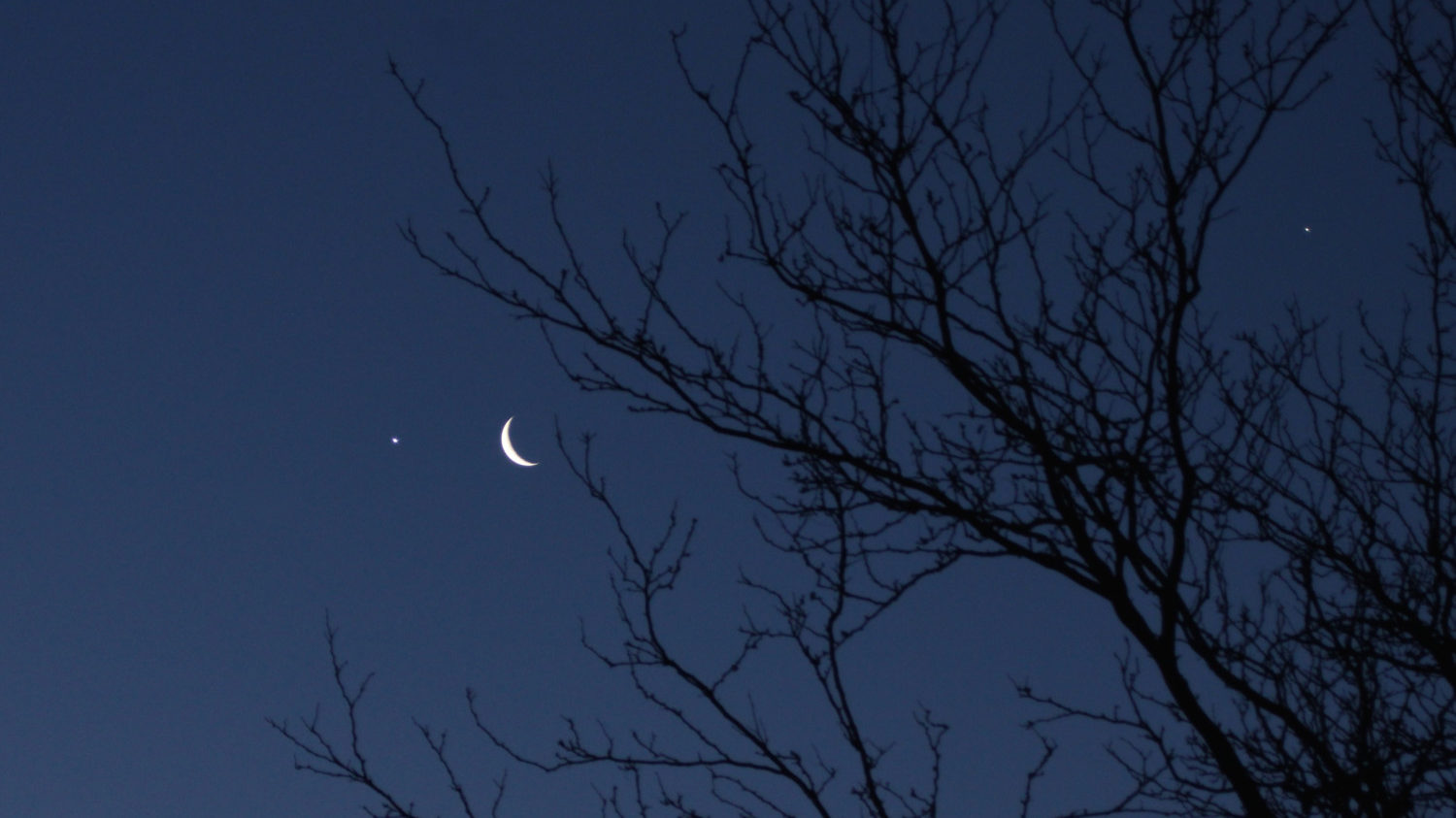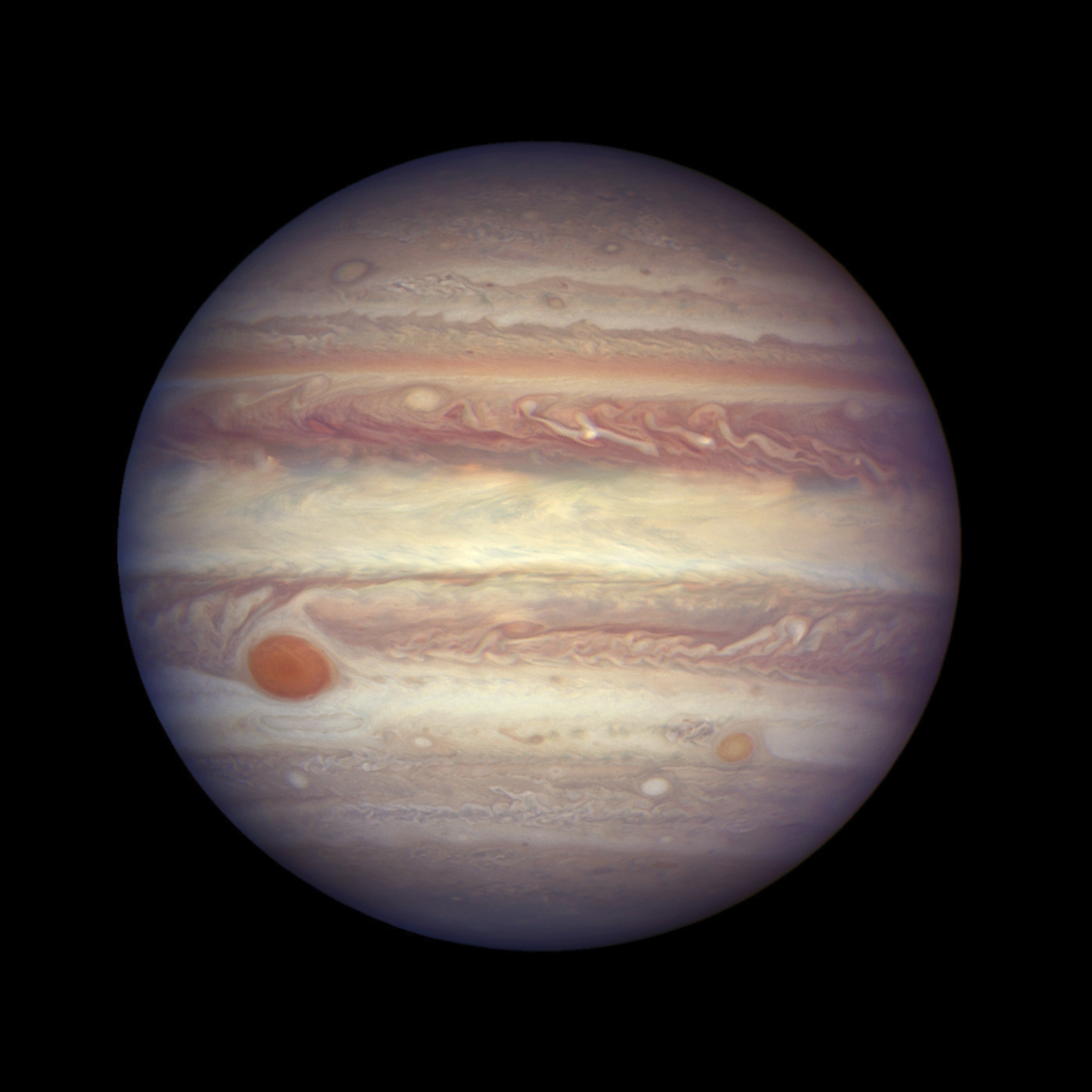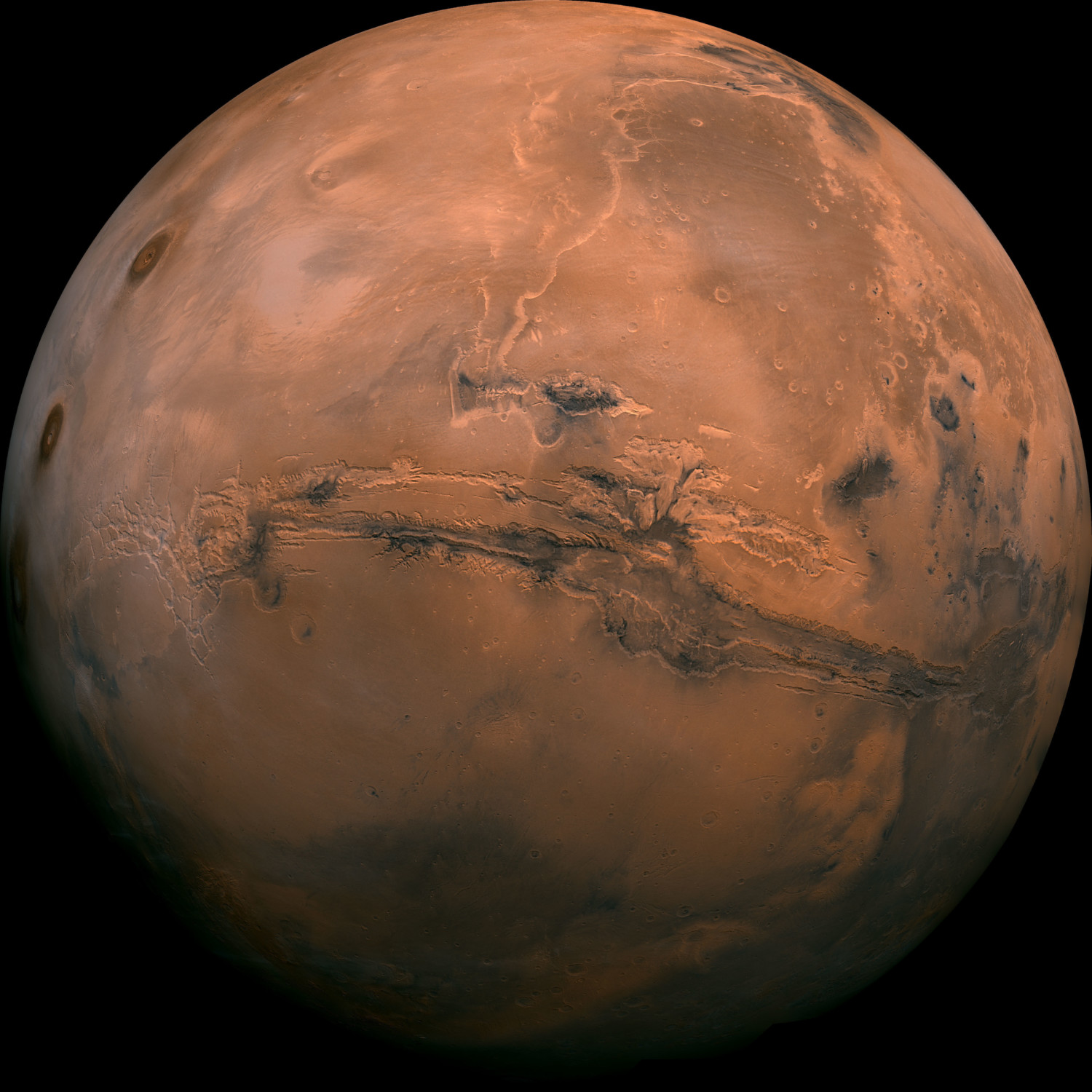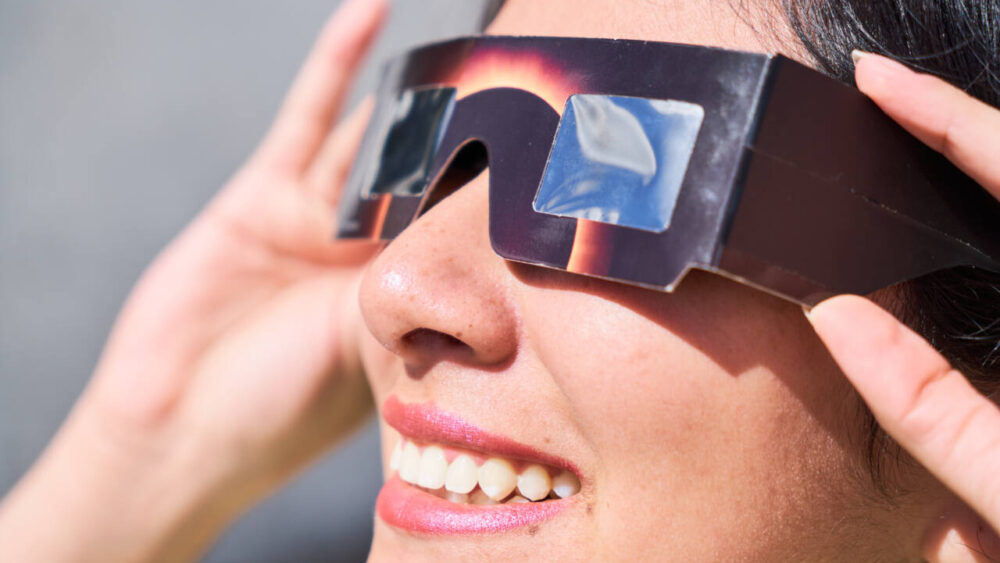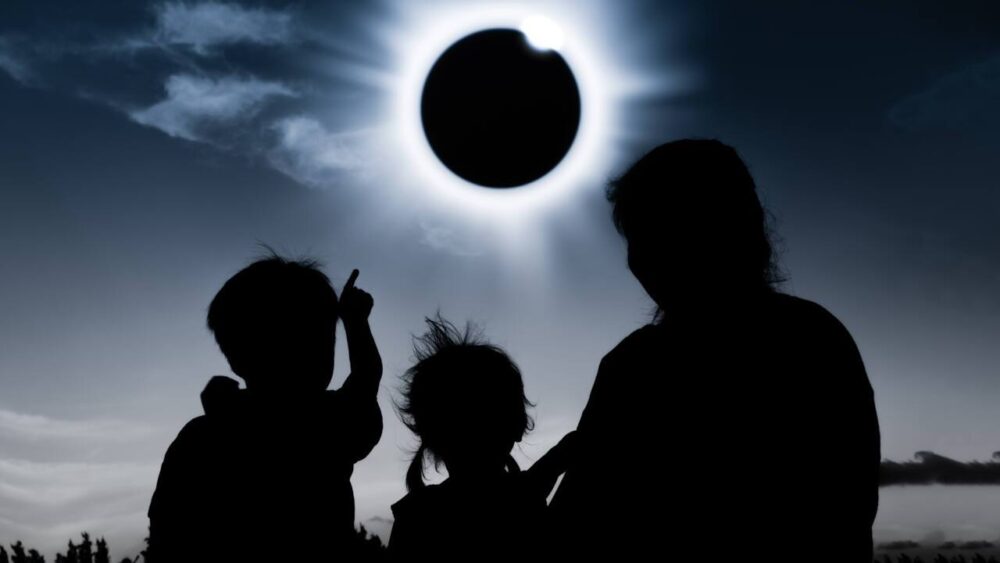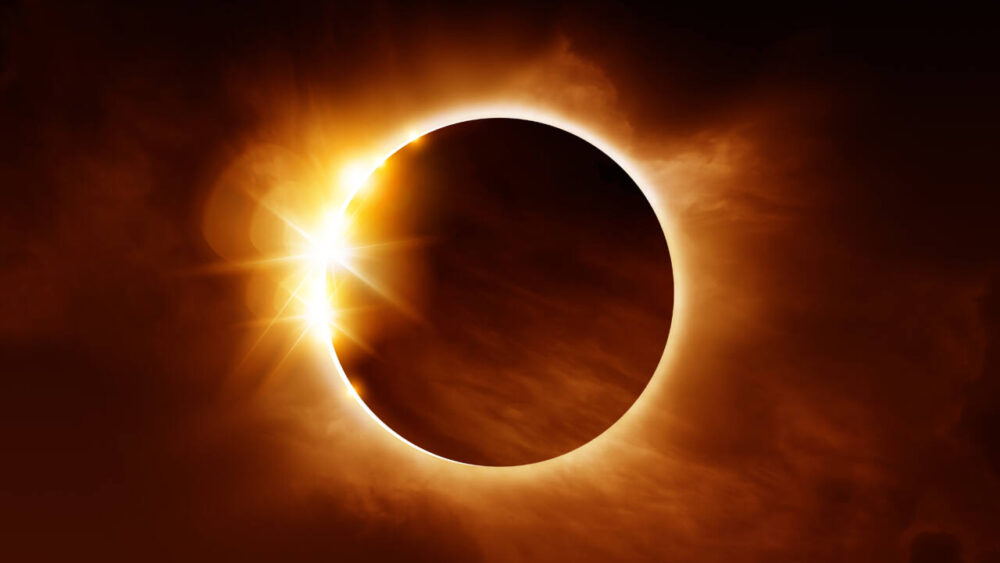5 planets will be visible to the naked eye this weekend
We’ve all seen pictures of the planets in textbooks or models of our solar system in museums, but this weekend, everyone will have a chance to see five planets in the night sky.
Mercury, Venus, Mars, Jupiter and Saturn will all appear simultaneously in the night sky, and you’ll be able to spot them all with the naked eye — no telescope or pair of binoculars required unless you want an up-close and personal view of each one.
To spot them, you just have to get up really, really early Sunday morning, July 19.
Roughly two hours before sunrise, you’ll be able to spot Jupiter low in the southwestern sky.
Saturn, the ringed planet, will be just above Jupiter and to the right.
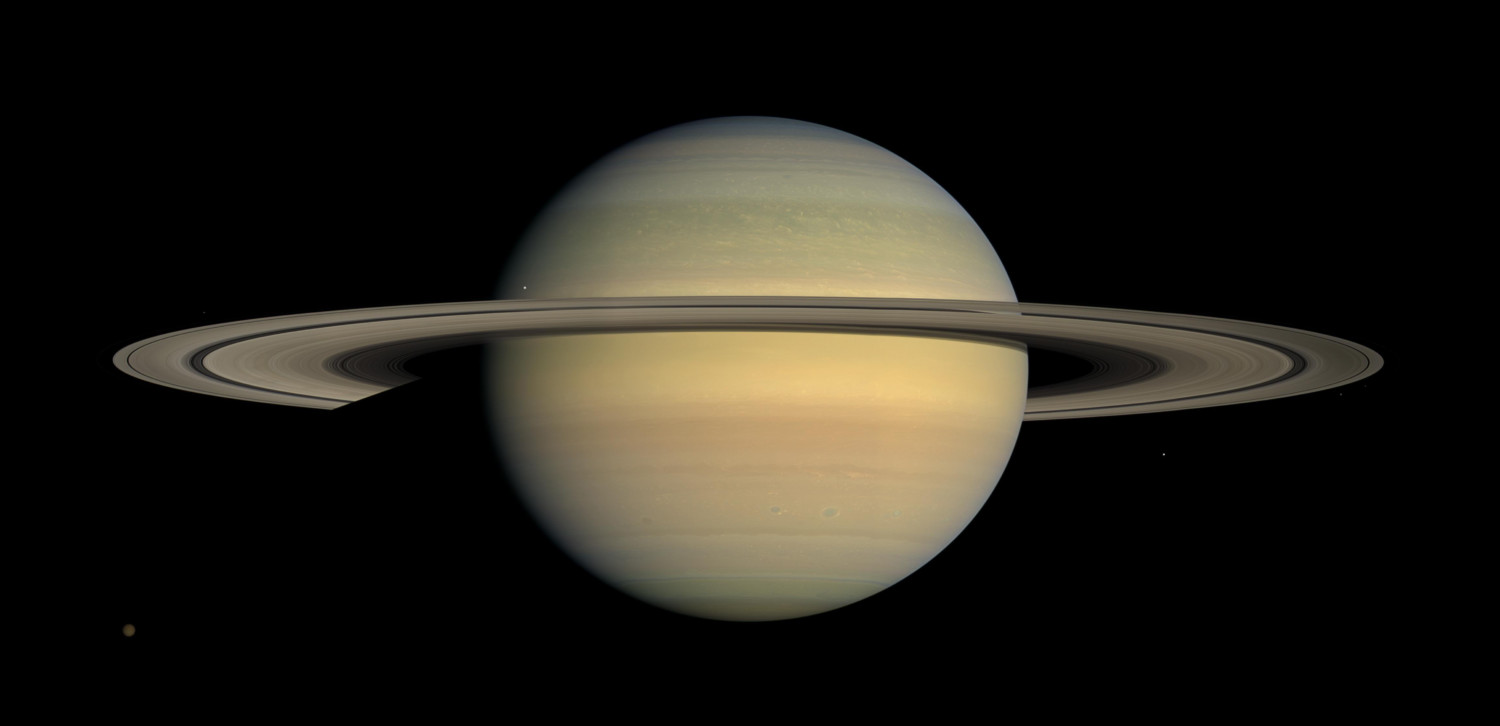
Once you’ve found the gas giants, trace a line through both of them to the south and you’ll eventually spot Mars, the red planet, high above the southeastern horizon.
Keep moving in the same direction toward the northeast and low on the horizon and Venus will be the brightest object in the sky.
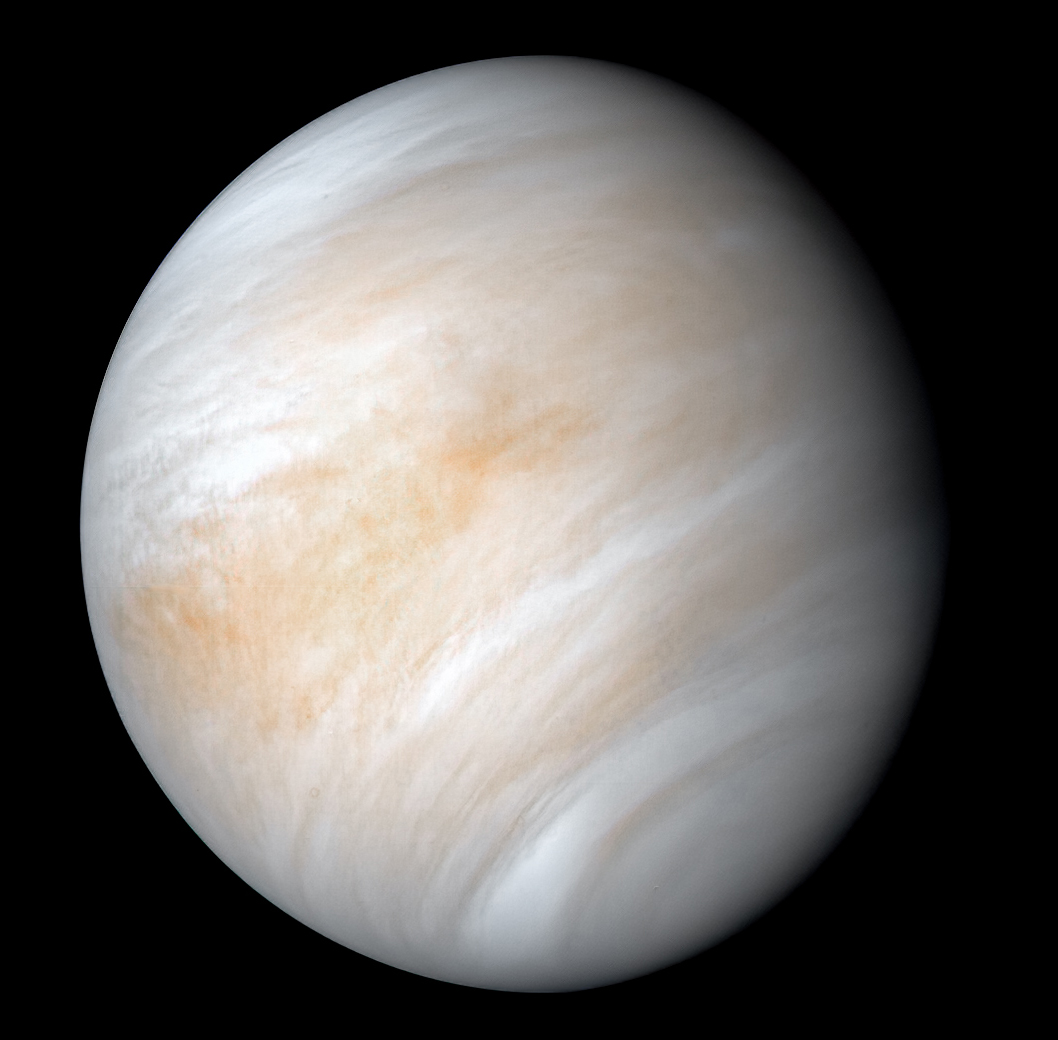
Unlike the other four planets, Mercury will be more of a challenge to find in the early morning hours, but this weekend is still your best chance to spot it.
Mercury rises in the eastern sky roughly 45 minutes before sunrise on Sunday morning. It’ll be the small, red dot just to the right of the sliver of a crescent moon.
While you won’t need binoculars or a telescope to see any of these planets, you may find them helpful to see more details of our closest celestial neighbors.
Jason Meyers is a part-time meteorologist and big-time fan of looking up. You can follow him on Twitter or watch one of his entertaining and educational YouTube videos.


